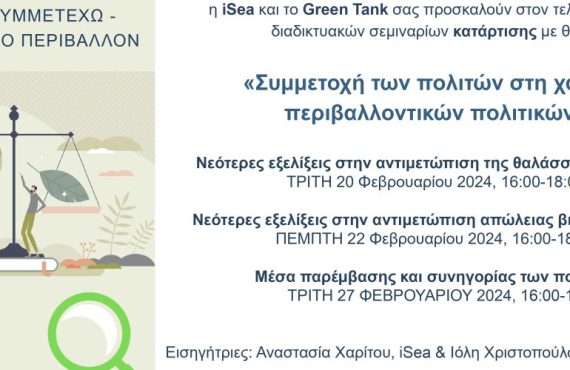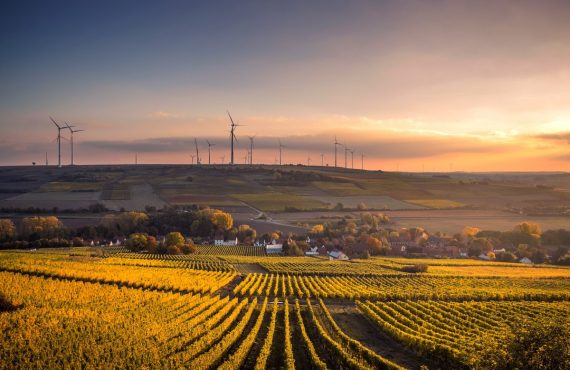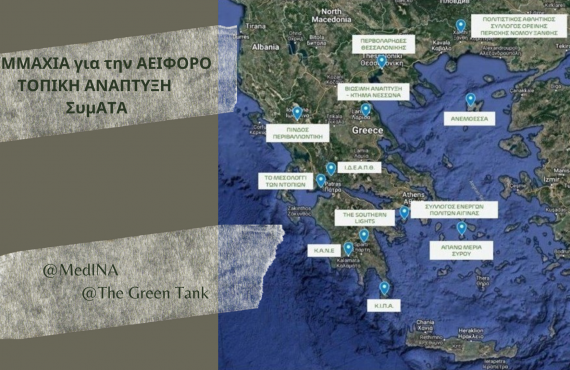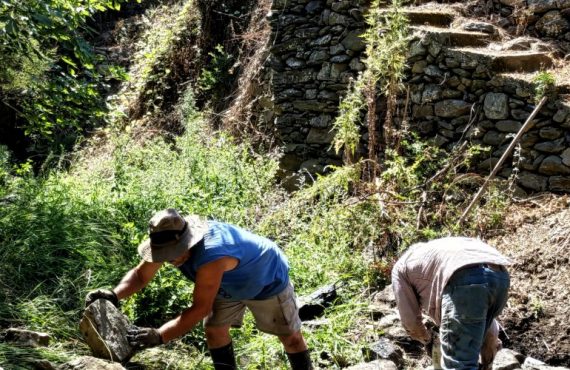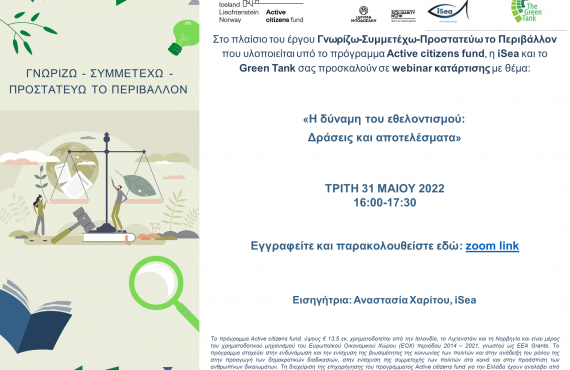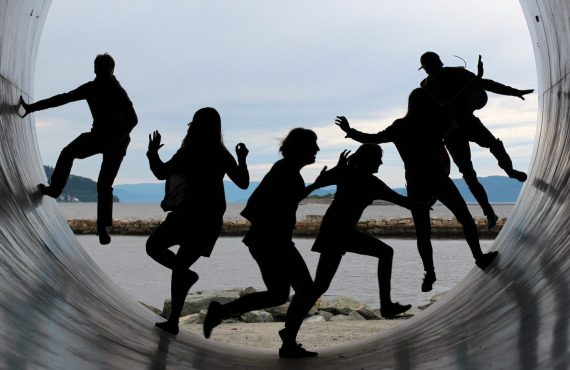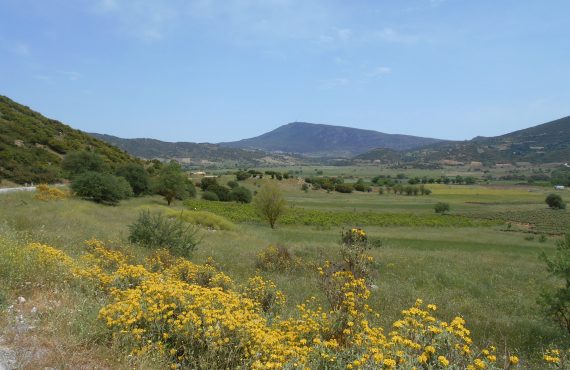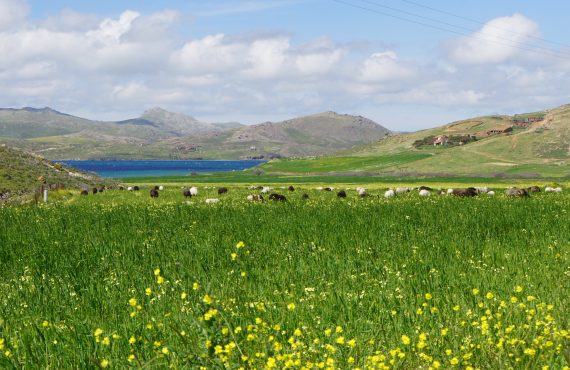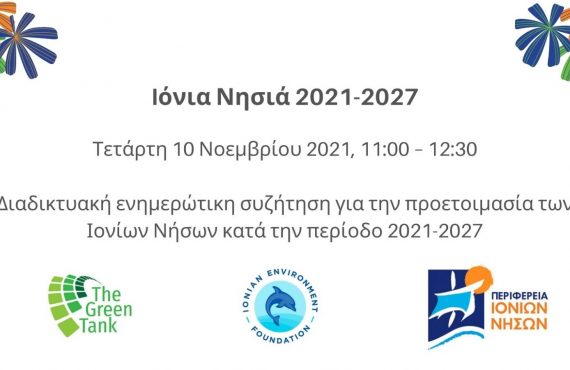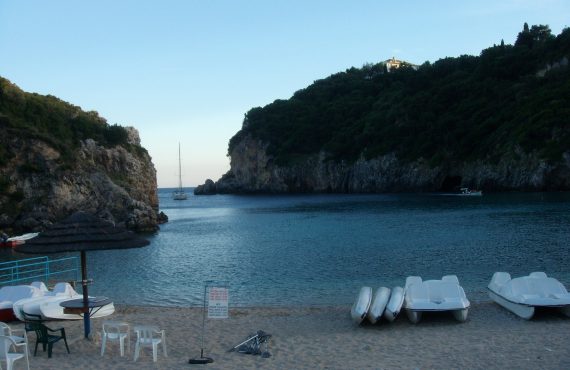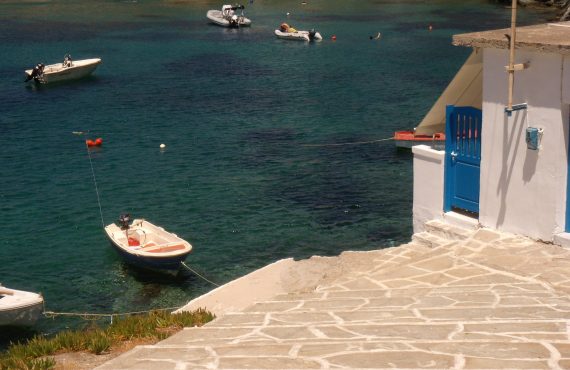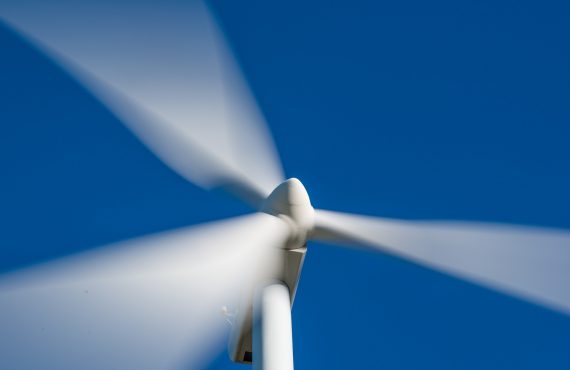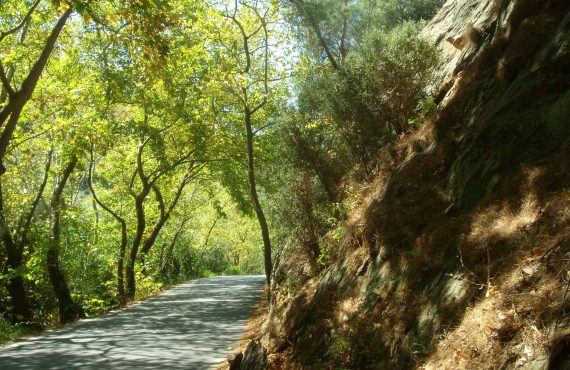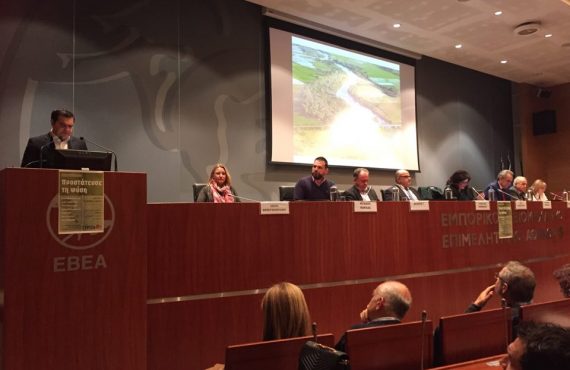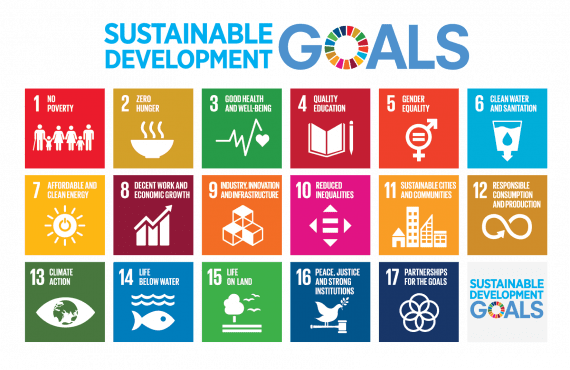Οn the occasion of the World Environment Day, an opinion piece by Ioli Christopoulou on the European election results, the great victory of the Greens and the question of who will bring the green wave to Greece.
The article titled “Who will bring the green wave to Greece?” was published in Greek in a special feature story on the European elections by the HuffPost Greece, to which The Green Tank, Greenpeace and WWF Greece responded. It was published on June 5th, 2019.
Ποιος θα φέρει το πράσινο κύμα στην Ελλάδα;
A rough translation of the article follows:
The Green wave, the great success of the Greens in the European elections, sets the climate crisis at the forefront of European policy and the Greens as a lever on the European agenda.
The power of the Greens is clearly stronger; they have increased their number of seats by 33% from 52 to 69, but it is not decisive. However, neither of the other major pro-European and democratic political groups have a majority, without the Greens. To date, with their smaller team, the Greens have achieved significant but targeted results. Now, they will capitalize on their experience and with the electoral result they have achieved they will have significant political leverage.
This leverage can influence not only the selection of individuals for the leading positions in the European Union, but also and more so the content of European policies. The Greens will insist Europe takes more effective measures to achieve the rapid reduction of greenhouse gas emissions so that the rise in global temperatures will not exceed 1.5 degrees Celsius and a climate neutral Europe will be achieved.
The climate crisis will be first priority, but the Greens will seek a green transformation in all sectors in response to the wider ecological crisis, especially as it is the policies in areas such as energy, industry, transport, agriculture, fisheries, and trade that have led the planet beyond its limits.
The demand for a green shift in the European agenda has specific political weight. Citizens have noted the inability of traditional political forces to provide solutions. The trend began with the financial crisis already a decade ago. Now they feel helpless also against the climate crisis. Their children, who follow the inspired example of 16-year-old Greta Thunberg and participate in the Friday climate strikes, point to their choices to date. They are looking for a new comprehensive approach in politics. But they view politicians as intertwined with special interests, as arrogant, speaking a language distant from them, away from their own agonies. Some express their dissatisfaction choosing to abstain from the electoral process. Others turn to the dark and dangerous far right. Many, in these elections, chose the different social and economic model represented by the Greens.
This is the real green wave. It does not concern only the Greens, although they have the greatest responsibility to respond. It concerns the political life as a whole, and this is already evident.In many countries, the climate crisis was high on the political agenda, with greens, socialists, liberals and the left competing to secure most of the “greens” votes. With a delay the (center)right also joined the fight – perhaps following a YouTube which called on (young) voters in Germany not to vote the Christian Democrats because of their climate record. Worth noting also Chancellor Merkel’s statement, a few weeks prior to the election, supporting the exploration of the path towards a climate neutral Germany. The polls had already shown the trends in the German electorate, which ultimately, brought the Greens to the second position.
Citizens gave a clear mandate that change in direction is needed and the environment will lead the way on the new path. The green wave has the potential and momentum to sway all political forces so that the decisions of the coming years can respond to the agony of the citizens and place Europe on a truly sustainable track.But all this is happening in Europe.
The green wave did not touch Greece. It did not touch also other countries in south-eastern Europe. On the other hand, it swept Ireland and gave green seats to Portugal and Spain, all countries hit by the economic crisis.
The division of the Greek Greens into at least two factions did not help. Also, the collaboration of the Ecologist Greens with SYRIZA during the previous years may have resulted in them receiving the generalized dissatisfaction with the Government that was registered in the polls, especially as they were not able to leave their own clear ecological mark on the Government’s program.
In addition, unlike the situation in other countries, the climate crisis was absent during the pre-election public discourse. Few parties have emphasized the climate crisis, only individual candidates made it a priority and few debates were organized around this crucial issue.
It is not rare, however, for trends and movements to delay but eventually to arrive in Greece. Indeed, more and more children in Greece are inspired by Greta Thunberg’s example. Since the first climate strike calling for urgent climate action, to the most recent one, on the Friday before the European elections, participation has increased dramatically. The quest for the new and the different concerns primarily the youth. In other countries, it seems they made a clear choice with one in three young people voting for the Greens.
The green wave that has altered the relative power of political forces in the European Parliament will also come to Greece. The state of emergency of the planet is global while the dismissal of the old is also reflected in the country’s election result. In view of political developments in the upcoming period, it is an opportunity for those who seek our vote to reconsider their priorities and why not to become the ones who will bring the green wave to Greece.

























































